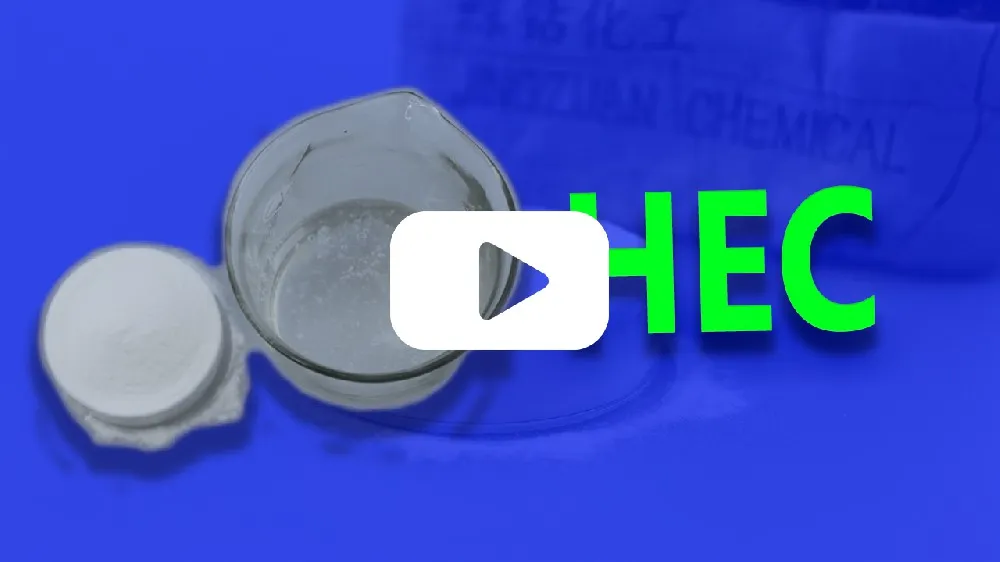
កញ្ញា . 03, 2024 08:57 Back to list
HPMC for Detergent - Enhanced Cleaning Solutions
The Role of HPMC in Detergent Formulation
Hydroxypropyl Methylcellulose (HPMC) is a versatile polymer widely used in various industries, including the formulation of detergents. This non-ionic cellulose ether has garnered significant attention due to its unique properties, making it an ideal additive in both consumer and industrial cleaning products.
One of the primary functions of HPMC in detergent formulations is to enhance the viscosity of liquid products. By increasing the viscosity, HPMC helps improve the stability of the formulation, preventing the separation of ingredients. This is particularly important in liquid laundry detergents, where a consistent product appearance is crucial for consumer acceptance. The thickening effect of HPMC also results in easier application, as consumers find it more convenient to dispense a thicker product.
The Role of HPMC in Detergent Formulation
In addition to viscosity enhancement and improved adhesion, HPMC functions as a dispersing agent in powdered detergents. It aids in the uniform distribution of active ingredients during the manufacturing process and improves solubility during washing. This helps ensure that all components of the detergent work effectively, leading to optimal cleaning performance. Moreover, it assists in the prevention of clumping in powdered products, resulting in easier handling and usage.
hpmc for detergent

The water-retention capabilities of HPMC also play a crucial role in detergent formulations. By retaining moisture, HPMC can help optimize the drying process of cleaning products. This property is particularly beneficial in laundry detergents used in high-efficiency machines, where water usage is minimized. The ability to retain moisture helps maintain product performance while being environmentally friendly.
Moreover, HPMC is compatible with a wide range of surfactants and other ingredients commonly found in detergents. Its chemical stability ensures that it does not react negatively with other components, allowing formulators the flexibility to develop various product types. Whether in liquid, gel, or powder form, HPMC can adapt to different formulations, providing versatility that is highly valued in the detergent market.
Sustainability is another important consideration in today’s product formulations. HPMC is derived from natural cellulose, making it an eco-friendly option for manufacturers looking to improve the sustainability of their products. The biodegradability of HPMC aligns with the growing demand for environmentally conscious cleaning products, contributing to a greener future.
In conclusion, HPMC is an essential ingredient in modern detergent formulations. Its unique properties, including viscosity enhancement, adhesion improvement, dispersing capabilities, and water retention, significantly contribute to the overall effectiveness and stability of cleaning products. As consumers increasingly seek efficient and sustainable cleaning solutions, the role of HPMC in detergent formulation is likely to grow, paving the way for innovative products that meet the demands of the market while supporting environmental sustainability.
-
Unlocking the Benefits of HPMC Products: A Gateway to Versatile Applications
NewsAug.07,2025
-
Unleashing the Potential of HPMC Ashland: A Comprehensive Look
NewsAug.07,2025
-
Tile Bonding Cellulose: The Key to Superior Adhesion and Durability
NewsAug.07,2025
-
Hydroxypropyl Methylcellulose Powder: The Versatile Component in Modern Pharmaceuticals
NewsAug.07,2025
-
Hydroxyethyl Cellulose: The Versatile Solution for Various Industries
NewsAug.07,2025
-
Hydroxyethyl Cellulose (HEC): The Versatile Polymer for Various Applications
NewsAug.07,2025







